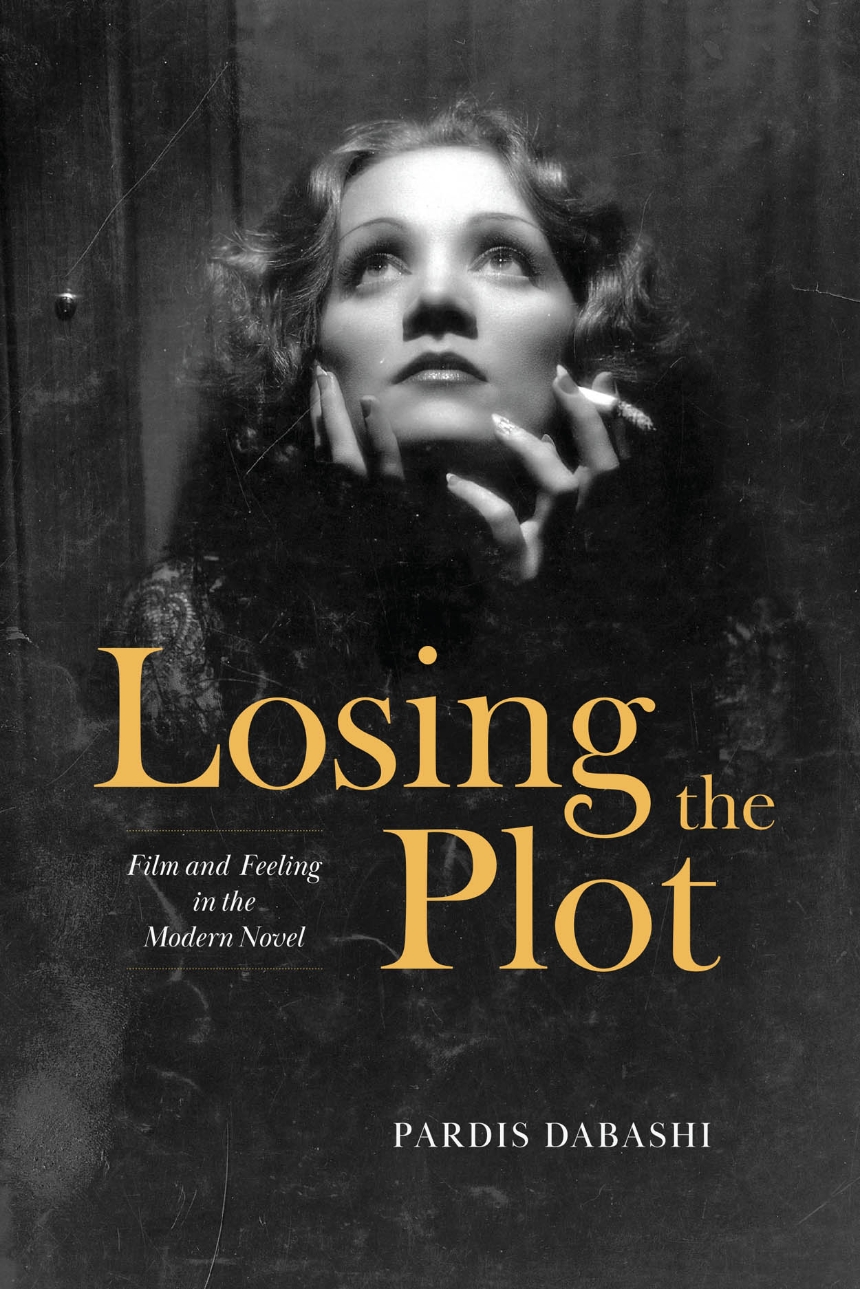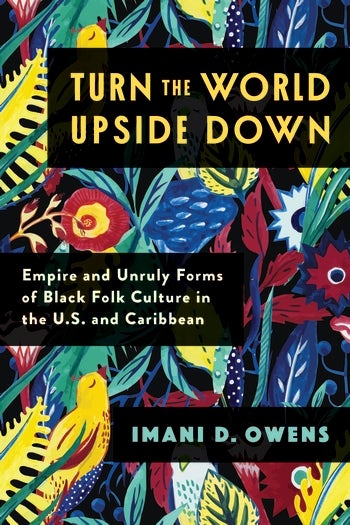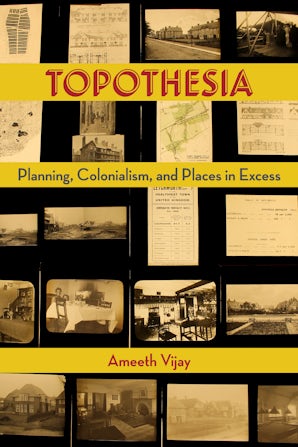2024 MSA First Book Prize

CO-WINNER: Pardis Dabashi, Losing the Plot: Film and Feeling in the Modern Novel
(University of Chicago Press, 2023)
“The classical Hollywood movie tells us what to fantasize about,” writes Pardis Dabashi. “What if modernists did not overcome this danger entirely?” With its dazzlingly original and sophisticated analyses of both novels and films, Losing the Plot sets a new standard for interdisciplinarity. As modernist novels became more fragmentary and plotless, films became more straightforwardly narrative – and the comforting promises of the bourgeois realist plot to which film increasingly cleaves in the early twentieth century, Dabashi argues, become “an object of complicated longing: for both modernist novelists and their characters. They long for the “structures of consequence” that they sense “would deliver them from the groundlessness of paratactical experience.” With effortless, clear-eyed aplomb, this book shakes apart what one thinks one knows about modernist film, the modernist novel, and even the very nuts and bolts of plot.

CO-WINNER: Kirsty Sinclar Dootson, The Rainbow’s Gravity: Colour, Materiality and
British Modernity (Yale University Press/Paul Mellon Centre, 2023)
In remarkably vivid and clear prose, Dootson’s The Rainbow’s Gravity mines the messiness of color in British visual culture, starting with the synthesis of mauve from coal-tar in 1856. Zeroing in on case studies in five mediums (painting, print, photography, film, and television) across a “chromatic century,” Dootson reveals the significance of color’s materiality–and its critical, ideological, and political weight. Wide-ranging yet rich in compelling close readings, The Rainbow’s Gravity unfurls the mutual imbrications of empire, modernization, and color technology. A powerful reminder that, even in our increasingly digital world, “the meaning of color is inseparable from its making,” this book parses color’s protean associations without reducing its strangeness.
Elizabeth Sarah Coles, Anne Carson: The Glass Essayist (Oxford University
Press, 2023)
Anne Carson: The Glass Essayist is a rare achievement. Elizabeth Sarah Coles brings to Carson’s corpus a level of attention and imagination every bit as exacting and dynamic as Carson’s own. At once a dizzying examination of Carson’s formal methods and a timely meditation on the possibilities of close reading, Anne Carson: The Glass Essayist provides a moving tribute to what Coles terms the “unsanctioned emotional life of scholarship.” The Glass Essayist, like Carson’s work, offers abundant reminders that reading has its own voltage, opening a path to other modes of criticism – “transparent, prismatic, contourless, speculative, imitative, or mirroring” – ways of writing and thinking attuned to those special moments when “the unforeseen shows up in the mind.”
Morgan Day Frank, Schools of Fiction: Literature and the Making of the
American Educational System (Oxford University Press, 2023)
Morgan Day Frank’s witty and delightful book moves deftly between the small and the vertiginously large: from “the school’s evolving role in public life over the last two centuries,” to the phenomenology of a sausage. Day Frank investigates how a host of authors contrasted the excitement of “real life” to the boredom of education, and conversely how educational texts disparaged the study of literature; he suggests – surprisingly and convincingly – that this seeming antagonism was actually symbiosis. Literary culture and formal education, he argues, expressed hostility toward one another, in order for each to claim a greater role in US life. Schools of Fiction goes on to claim that the institutionalization of literature in the classroom “allowed the school system to neutralize public concerns about the relevance of formal education and establish itself as part of American life.” The scope of authors – Charles Chesnutt, Gertrude Stein, Henry James, Frank Norris, Upton Sinclair, and so many more – is impressively wide without feeling diffuse, and the conclusions make compelling reading for anyone anxious about the future of the contemporary university.

Imani D. Owens, Turn the World Upside Down: Empire and Unruly Forms of
Black Folk Culture in the U.S. and Caribbean (Columbia University Press,
2023)
An innovative, richly detailed and relentlessly nuanced work, Turn the World Upside Down explores the risk and reinvention involved in the use folk traditions across Black diasporic modernism. Refusing to dismiss such experiments as nostalgic expressions of racial or cultural authenticity, Imani D. Owens reveals how writers and performers across the Black diaspora discovered and self-consciously performed “new epistemologies of blackness” through folk-inspired forms of artistic upheaval and rupture. Elegantly written and rigorously comparative, Turn the World Upside Down is a work of inspiring archival scope, reminding us just how frequently gestures of indeterminacy, failure, interruption and refusal accompany the performance of folk cultural forms, opening up not fictions of identity but a “dynamic space in which blackness can move.”

Ameeth Vijay, Topothesia: Planning, Colonialism, and Places in Excess
(Fordham University Press, 2023)
Traversing expansive chronological and spatial terrains, from the garden city movement in the British Empire to development in the Brexit era, Vijay’s Topothesia creatively bridges the domains of literature and urban planning. This ambitious and provocative study argues that urban planning is a form of “speculative fiction… compelled to produce elaborate fantasies of future places.” With the literary device of topothesia, or the vivid description of an imaginary place, as its theoretical anchor, the book reveals how city planning leveraged literary aesthetics to manage and discipline people and spaces perceived as “in excess” of proper modernity – and how new counter-imaginaries emerged, in turn.
Nominating Committee: Aglaya Glebova, University of California, Berkeley (Co-chair), Noreen Masud, University of Bristol (Co-chair), Jonathan Foltz, Boston University
About
Each year, the Modernist Studies Association seeks nominations for
its First Book Prize, awarded to a first book published in the
previous year. A panel of judges determines the book that made the
most significant contribution to modernist studies. A book initially
published in another year will not be eligible for the prize. This
exclusion applies even if a new edition (paperback or revised, for
example) was published in the award year.
Please visit our Nominations page in Spring 2025 to recommend a book( published in 2024). Visit our Archive to see previous winners.